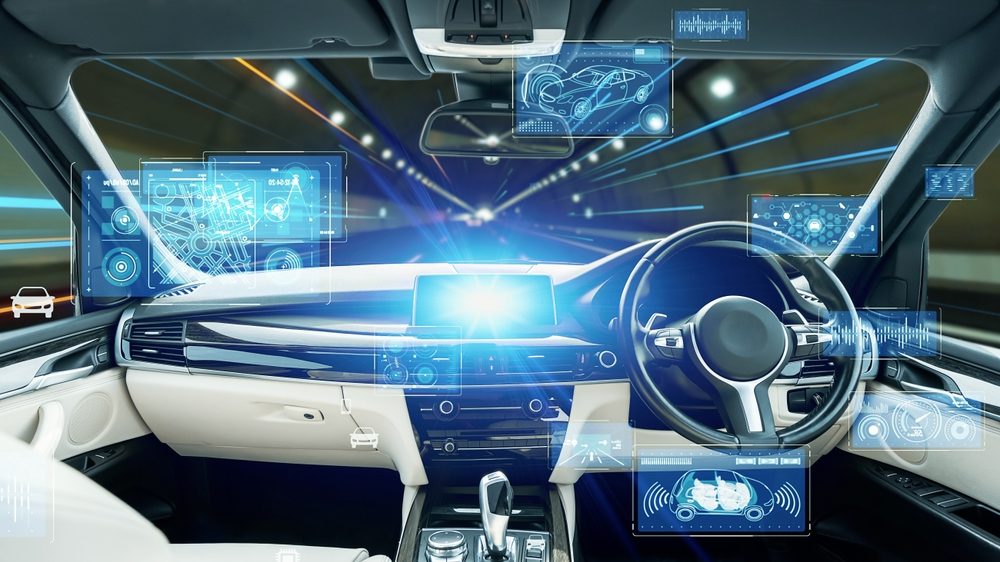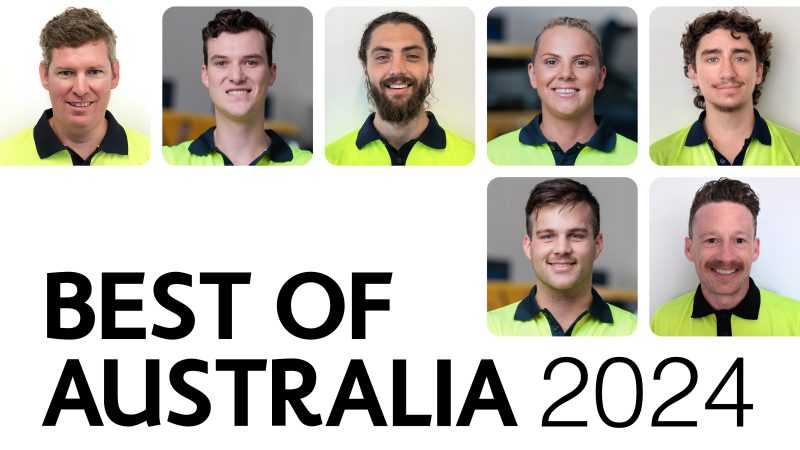Whether you’ve been driving for just a few months, a few years or several decades, your ability to get to your destination safely is, without doubt, the most important skill you’ll ever have as a driver.
Unfortunately, however, most of the accidents we see on our roads nowadays are due to human factors often referred to as “human errors”.
The automotive industry is working tirelessly to build innovative new technology that integrates several safety-enhanced features into new cars, known as Advanced Driver Assistance Systems (ADAS).
ADAS technology works by alerting the driver to potential hazards on the road, and in some cases, it can even take control of the vehicle if necessary. Through a complex system of cameras, sensors, radars and onboard computers, these systems are designed to supplement driver capabilities or correct driver error and help to reduce accidents, injuries and fatalities on our roads.
In a previous article, we discussed the importance of ADAS, as well as some of the more common safety features found in these systems.
Now, we’ll outline why the recalibration of your car’s ADAS cameras is important to help maintain high levels of safety and performance.
What is ADAS recalibration?
Many car safety systems rely on properly calibrated cameras. ADAS recalibration is the process of checking the alignment of these cameras so these safety features can be trusted and relied upon.
At O'Brien®, we believe the safest option is to recalibrate the forward-facing camera(s) if the manufacturer requires at the same time your windscreen is replaced.
A camera recalibration process requires specialised tools and equipment and should be carried out by trained technicians with the necessary skills to use this equipment.
The diagram below shows just some of the key features of ADAS technology, highlighting the need to ensure that each feature is working as the manufacturer intended.

When is ADAS recalibration necessary?
While it’s safe to suggest that most vehicle repairs after an accident would require the cameras and sensors to be recalibrated, there are also several other instances where recalibration is necessary that most vehicle owners overlook.
As an example, according to many manufacturer guidelines, any of the following events can potentially misalign a vehicles’ ADAS and require recalibration of the camera:




Failure to recalibrate a vehicle’s camera means that the ADAS safety features may not be able to be relied upon. You could experience false warnings and alerts, distances could be misjudged and steering pull to name a few.
As you can see, it’s extremely important to ensure that you don’t overlook the recalibration process in these instances where recommended by the manufacturer for your vehicle.
O'Brien Cal-Tech® Recalibration solution
Unique to O'Brien®, our Cal-Tech® ADAS Recalibration service is state-of-the-art. We recalibrate your vehicle’s forward-facing camera systems, so you can continue to rely on safety features such as auto-braking and lane detection.
The O'Brien® Cal-Tech® solution is supported by Bosch, updated frequently and performed by our in-house technicians who have undertaken quality technical training programmes.
On completion of the recalibration, you will receive a Cal-Tech® Recalibration certificate so you can drive away with confidence.
See our video explainer on what to expect if your car requires an ADAS recalibration at O'Brien®.
Making it easy at O'Brien® AutoGlass
If your vehicle has a cracked windscreen and is fitted with ADAS technology, then O'Brien® can perform both the windscreen replacement and the Cal-Tech® recalibration at the same time.
So when you next need your windscreen replaced, think of O'Brien® Cal-Tech® and our team of expert technicians.
To speak to one of our friendly team to learn more about our ADAS service, call 1800 059 829 or click here to book online and one of our friendly experts be back in touch with you soon.




